Tottenham have finally given England an identity, says Danny Higginbotham
England should play to their strengths at Euro 2016, and building a core developed at Spurs will help Roy Hodgson's side achieve that
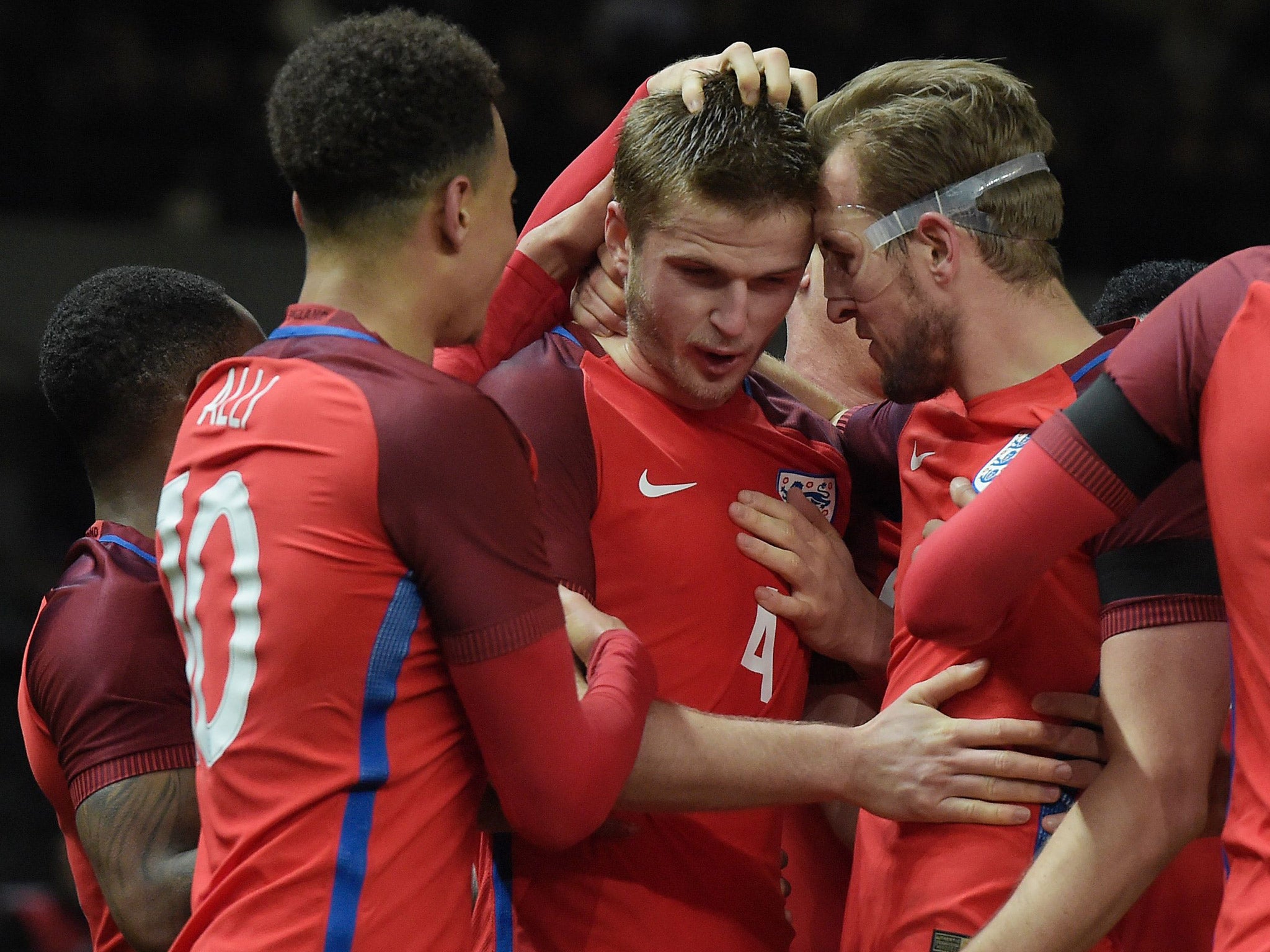
What pleased me most about England beating Germany on Saturday night was not even the result, as good as that was. It was the fact that England finally showed what many of us have been waiting for years for: a clear sense of identity.
There is one thing that unites all good teams at every level, from the World Cup to the Champions League to the Premier League to the Conference. When you watch them play, it will be clear within the first five minutes what their plan is, how exactly they are trying to win the game. You can call that ‘identity’, ‘philosophy’, or ‘style’, but the meaning is the same. Barcelona have it. Leicester City have it. Bayern Munich have it. The Stoke City side managed by Tony Pulis that I played in had it too.
Any team which succeeds, or overachieves, whatever their target, has a style. And for too long recently the England team has lacked one. There has been no obvious approach, little conviction, just a preoccupation, which I described last week, with stopping the opposition.
Of course it is much harder for international coaches than club coaches to impose their identity on the squad. They have to bring a collection of players together, who play in different ways with their different clubs, and who train with those sides almost every day. International coaches do not have that luxury. They only work their squad for a few days at a time, for a few times each year.
But there is a way for international teams to get round this, to help them to play with a clear plan on the pitch. And that is to build around a group of players from one strong club side, who play in the same way, and who can bring that sense of identity into the national team.
Just look at Vicente del Bosque’s great Spain side, who had seven Barcelona players – Carles Puyol, Gerard Pique, Sergio Busquets, Xavi, Andres Iniesta, Pedro and David Villa - starting in the 2010 World Cup final, and who adopted that possession-based style of play to win three straight major tournaments. They even played with a ‘false nine’ too. The Germany team that won the 2014 World Cup final started with six Bayern Munich players – Manuel Neuer, Philipp Lahm, Jerome Boateng, Bastian Schweinsteiger, Toni Kroos and Thomas Müller - who knew each other’s games inside out. Luiz Felipe Scolari’s Portugal side, which lost the final of Euro 2004, was built around five players who had just won the Champions League with Porto.
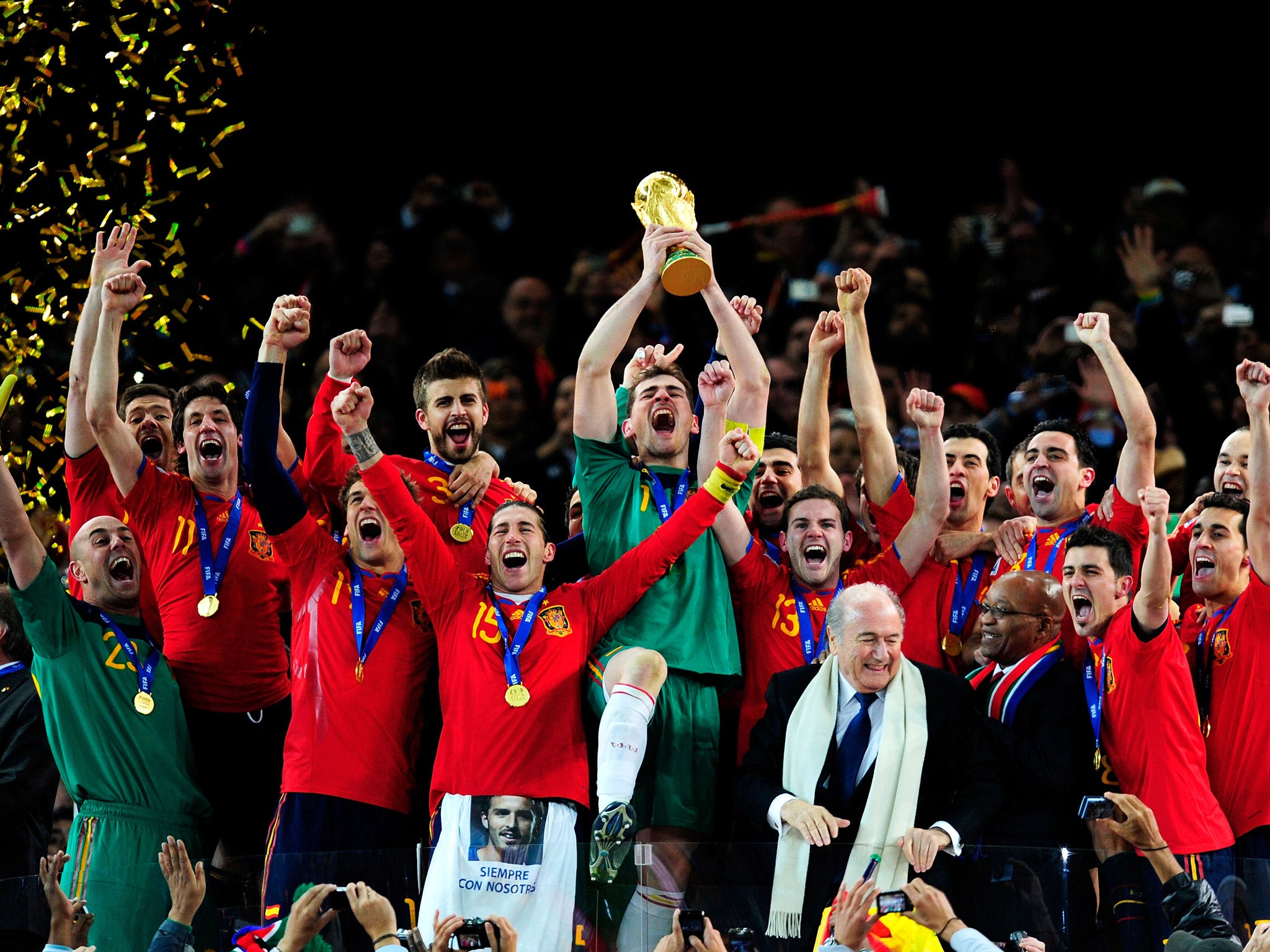
This is what England have lacked in recent years. They have had two or three players from one side, at the most, but too often they have played without any purpose or plan. They have been too passive, often trying to mimic Spain or Germany or the Netherlands, which was never going to work. How could we be better at something other countries have been doing for generations?
But I felt this changed last Saturday. We saw what I hoped for in my column last week, an England team based on energy, youth and dynamism. And that was because it was built around four players from Tottenham Hotspur.
Danny Rose, Eric Dier, Dele Alli and Harry Kane were all excellent. Alli ran the midfield while Dier and Kane both scored. England clearly benefited from having four players, three through the spine of the side, who play and train with each other every day. It gave England coherence, purpose and energy which they have lacked recently.
When England lost the ball, they tried to win it back quickly, as Spurs do. The other players took their lead from Alli and Kane. Too often in recent years England have lost the ball, got disheartened and dropped deep. But that changed.
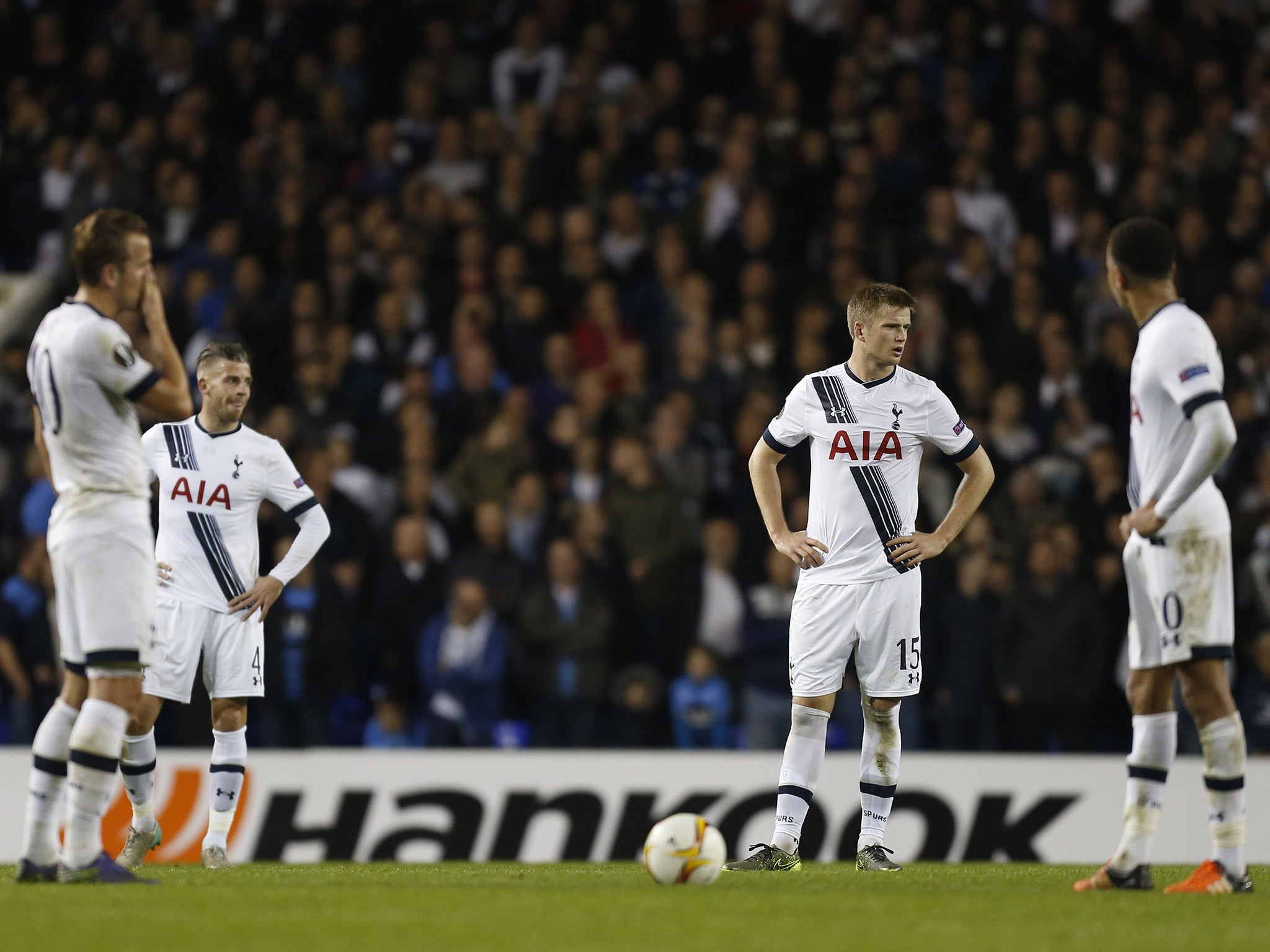
If you watch Spurs play you will know how well the players know each other’s games. As I have described in this column before, Dier drops between the centre-backs, allowing full-backs Rose and Kyle Walker – a potential fifth England starter - to push up. Alli and Kane understand each other instinctively, where to run and when to pass.
These are the relationships that are the basis for any good team at club or national level, and Hodgson is right to build his England team around them. He is also fortunate that Mauricio Pochettino’s Spurs play in a way that lives up to the values that have made the English game strong.
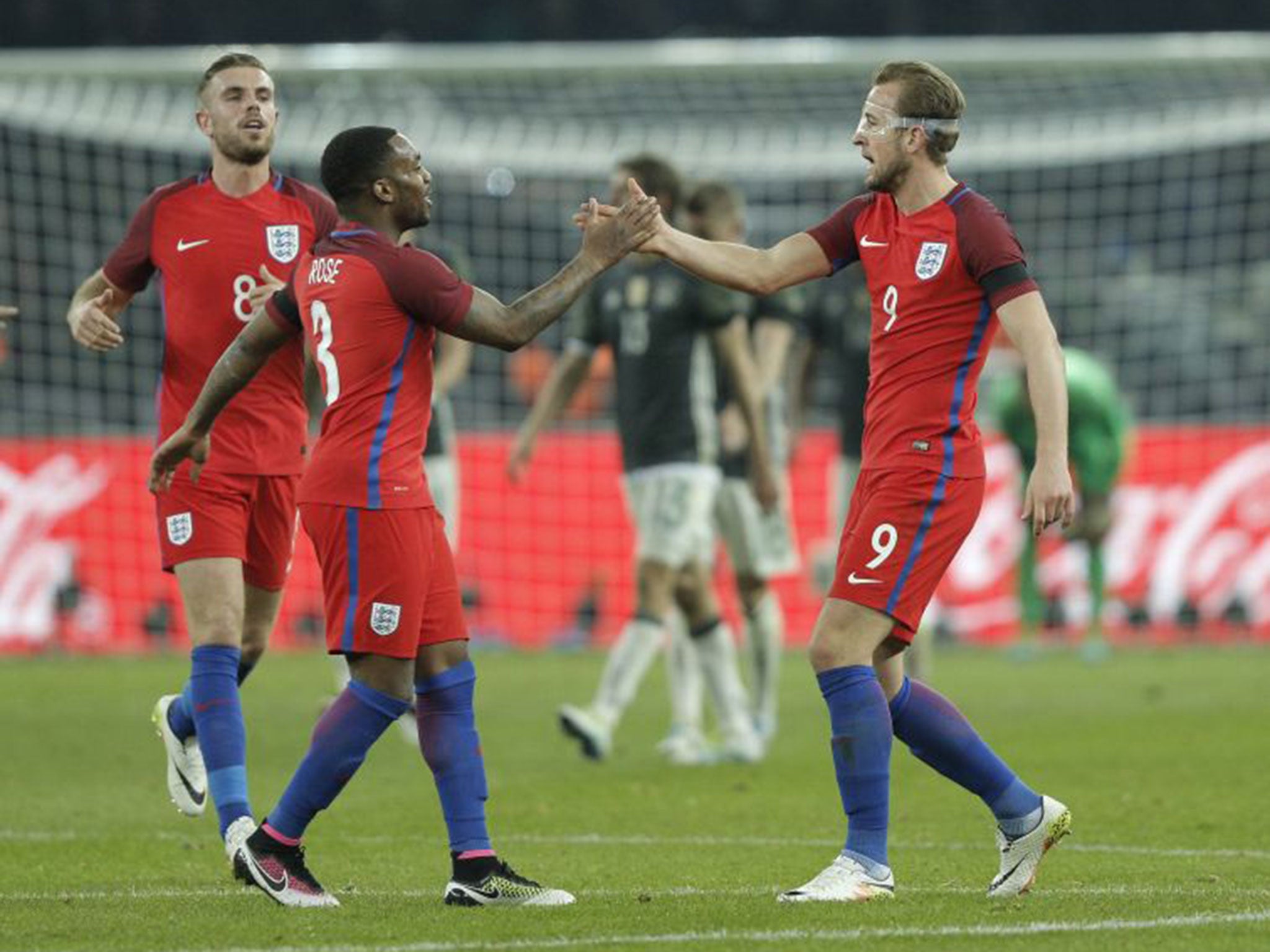
Spurs play with remarkable energy, closing down the opposition, defending against the counter-attack. They make attack the best form of defence. They make the opposition worry about their match-winners, rather than trying to stop the opposition’s. They are hard-working, dynamic and difficult to play against.
This is the way that England should play at the European Championship this summer. By playing to their traditional strengths, pace, purpose and two up front, they can cause any team in the world problems, as they showed in Berlin.
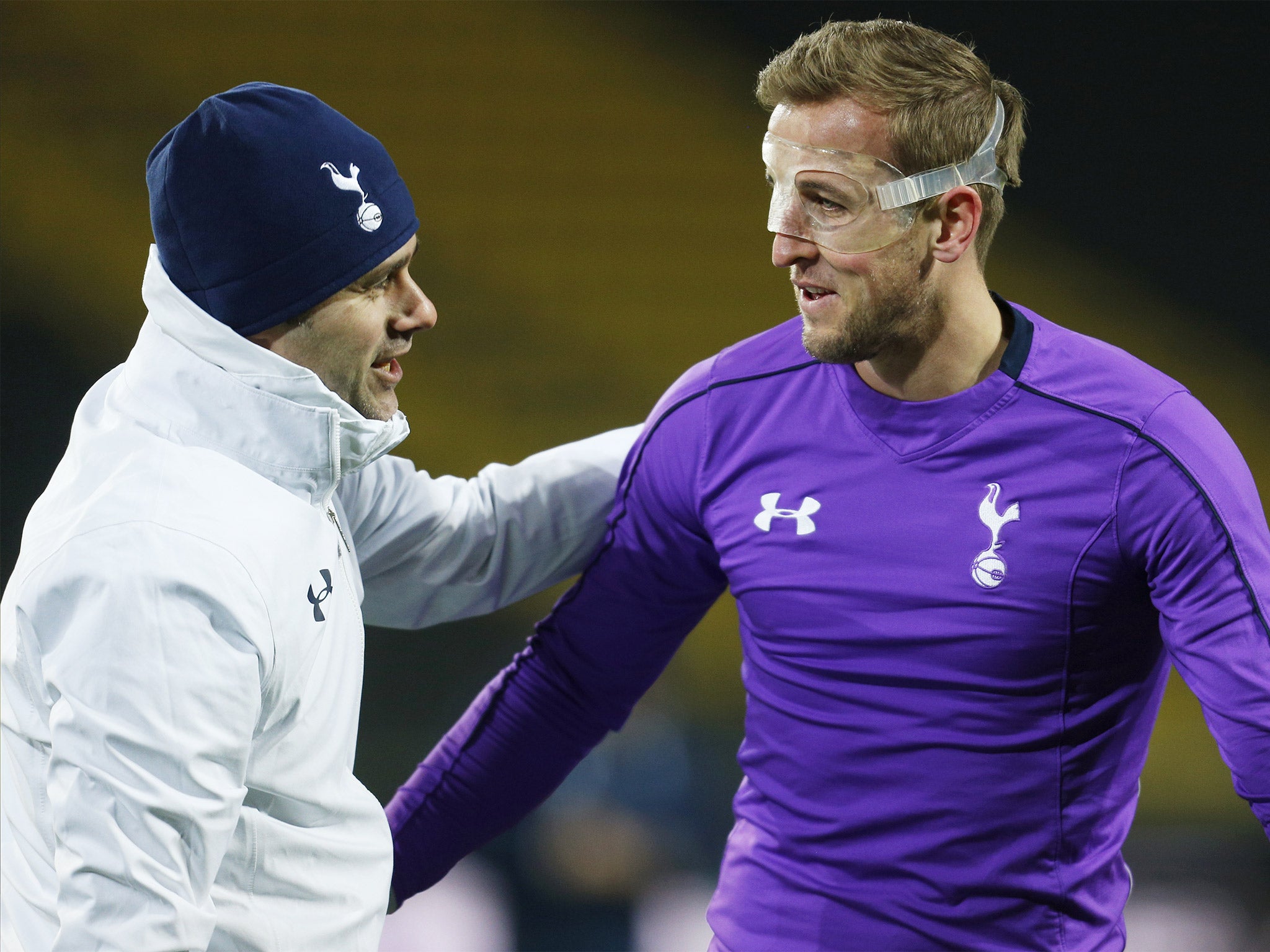
Tottenham have provided the raw materials, the players who can be the foundation of the side, and set the tempo, just as Barcelona and Bayern Munich players have for Spain and Germany in recent years. It does make you wonder, though, why it has taken an Argentinean coach to give the England team its identity back.
Ageing full-backs will leave City exposed at Bournemouth
There are many reasons why Manchester City have had such a poor season and are currently stranded back in fourth place. But I believe another one of those, their ageing full-backs, could be exposed at Bournemouth on Saturday afternoon.
Too often this season City’s full-backs have pushed on and left space in behind which is too easily broken into. The problem is that Gael Clichy, Bacary Sagna, Pablo Zabaleta and Aleksandar Kolarov are all 30 or older and they are exposed by how City play. Add the fact that City will use two aggressive centre-backs – Nicolas Otamendi and Eliaquim Mangala – and there will be lots of space for Bournemouth to attack.
Eddie Howe’s side are very effective in wide areas, with Max Gradel and Matt Ritchie on the wings, and the two full-backs keen to double up too. They could cause City serious problems on Saturday.
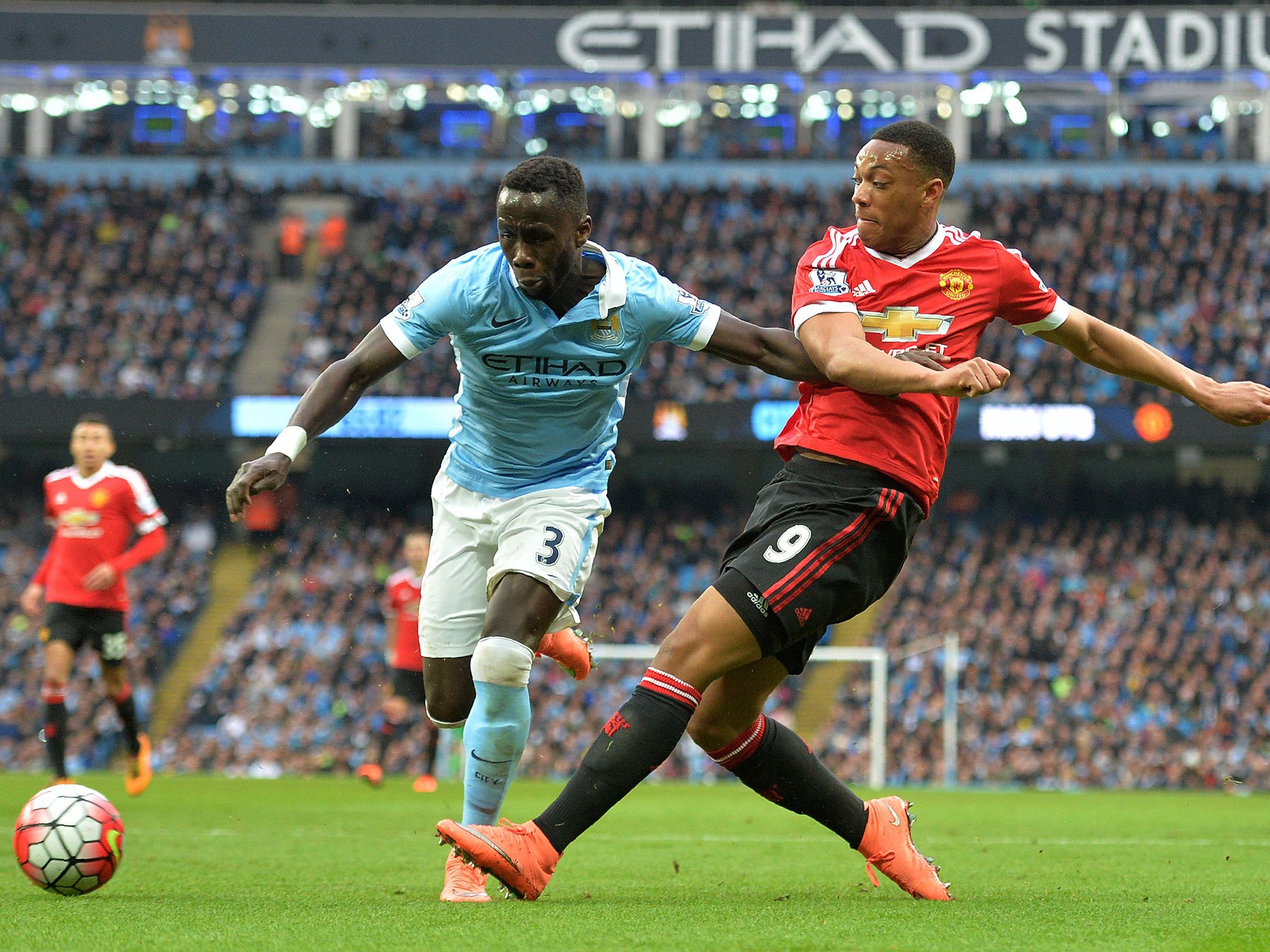
We know that Pep Guardiola is already planning serious reinforcements at City this summer as he tries to build a squad that can play his style of football. Two new young fast full-backs will surely be a priority.
Join our commenting forum
Join thought-provoking conversations, follow other Independent readers and see their replies
Comments
Bookmark popover
Removed from bookmarks